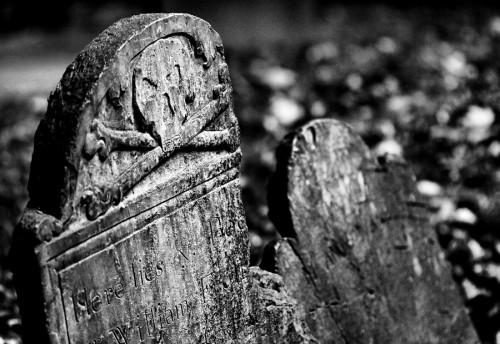Last month, I wrote a blog entry highlighting the latest projects of some of my many creative friends and colleagues. Here are several more:
Photographer Angus Bruce has a gift for capturing the beauty of Scotland. His photographs are stark, honest and breathtaking. I own several.
A.J. Jacobs, editor-at-large of Esquire Magazine, wrote a fantastic book about “his humble quest for bodily perfection.” “Drop Dead Healthy” prompted me to move more, drink at least 50 oz of liquids a day, improve my dinner options and track my food/sleep/steps.
Amanda Koster is an internationally acclaimed photographer who combines an anthropology background with media skills to create projects about human rights, cultural diversity and global equality. Click here to watch her inspiring TED talk.
John Platt is a voracious reader, prolific writer and my favorite environmental reporter. If you’re interested in learning more about endangered species from around the world — and how to save them — check out his blog on the Scientific American website, Extinction Countdown. John also covers environmental issues for Mother Nature Network.
Radio producer Kate Sweeney will publish her first book, “American Afterlife: Encounters in the Customs of Mourning” in Spring 2014. Pre-order your copy here.
I’ll be showcasing the work of more friends in the weeks to come. If you have a new project you’d like me to promote, send an e-mail with the subject like “FEATURE ME!”


